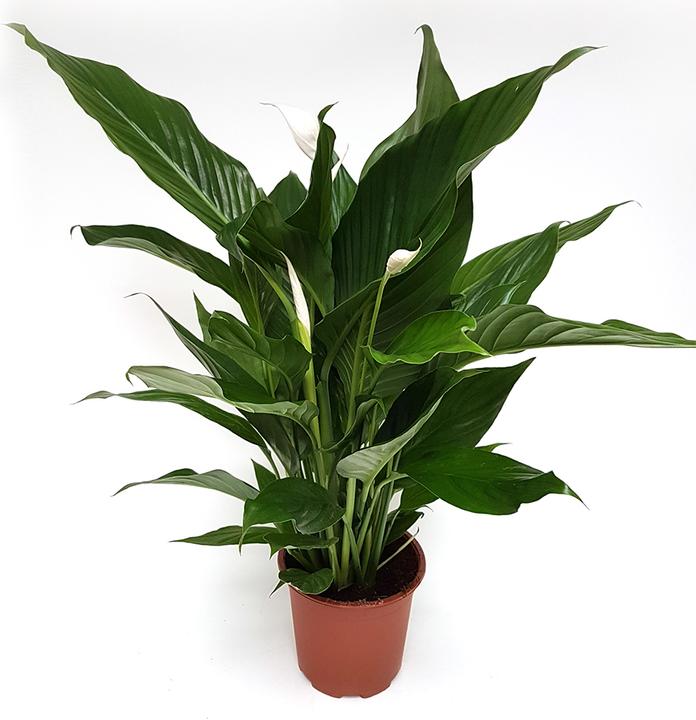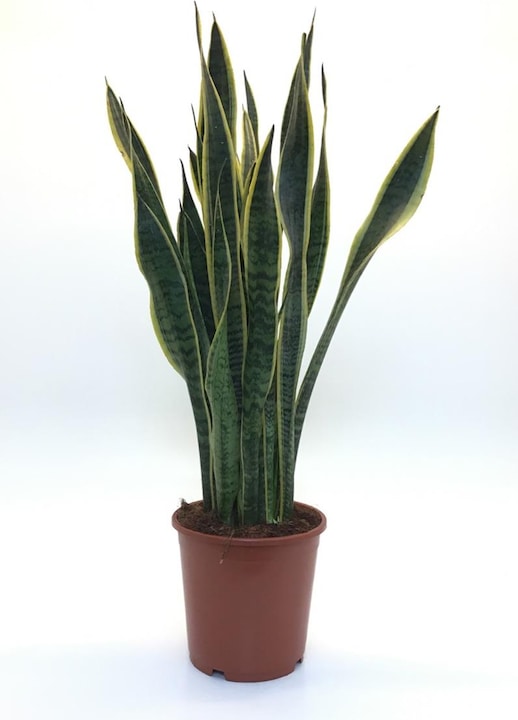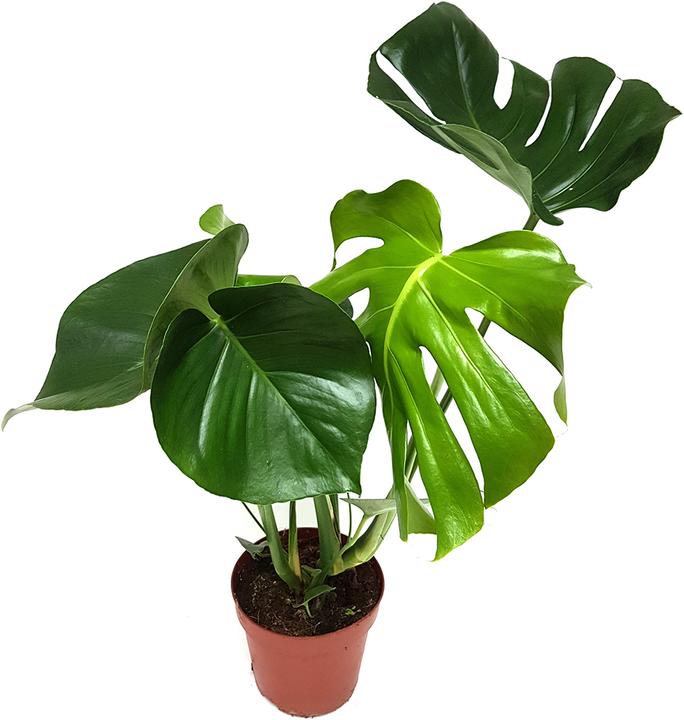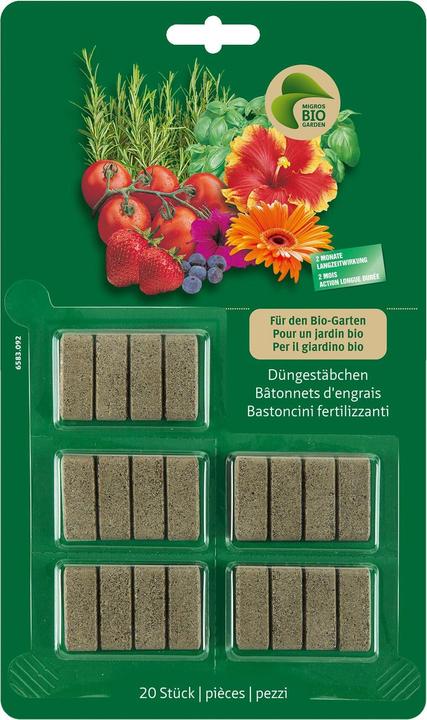
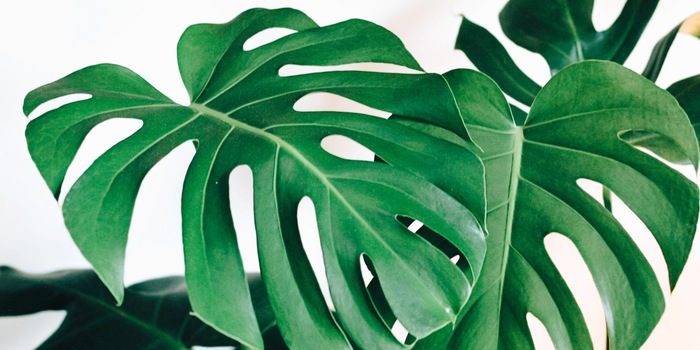
Boycott the plastic plant revival
Artificial plants are on the rise again. Their reputation as easy-care, indestructible splashes of colour precedes them. But there are also plenty of real plants that vegetate almost independently.
The menu features spring rolls and Peking duck, while the room is decorated with kitschy plastic orchids. For a long time, artificial plants were reserved for the uncomfortable Chinese restaurant next door and loveless waiting rooms at the dentist. You didn't have to be a botanist to realise that these things weren't real. The artificial specimens were too uniform, too shiny, too colourful. That has changed. Today, artificial plants can hardly be distinguished from the real thing at first or even second glance and are celebrating their revival in living rooms and even gardens around the world. Sales in our shop are also increasing year on year: we recorded a good seven per cent growth in 2019 compared to the previous year. So you shouldn't join this trend just yet.
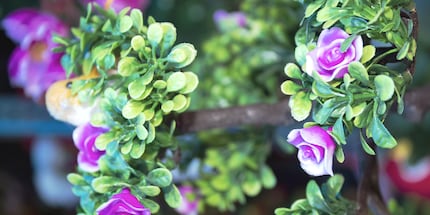
Dust catcher in the shape of a plant
Plastic is the devil's spawn, according to the tenor of recent years. This is not always true, but it definitely applies to single-use and microplastics. Or for things that nature has already created in perfect form. Plants, for example. They contribute to biodiversity, convert carbon dioxide into oxygen and become one with the earth after death. Plastic plants, on the other hand, accumulate dust until they eventually end up in the residual waste. Nothing to do with recycling.
It is understandable that well-made fake plants have a certain appeal. No annoying watering, no fertilising, no green fingers needed. You can't kill them because they're already dead. However, they can fade if you choose a cheap version that is not made of UV-stable plastic. You also need to dust them regularly. And sometimes wipe them with a cloth if they get really dirty.
You can't kill me, I was born dead
Real alternatives
Agree, you can hardly avoid watering and fertilising real plants. But that's all you need for frugal plants. Good examples of this are the money tree Crassula, the monocot, the dragon tree or the Sanseveria. They are suitable for lazy watering and tolerate most locations, except direct sunlight. I myself have a Monstera that thrives in my living room without much effort. The only thing it doesn't tolerate is waterlogging.
My life in a nutshell? On a quest to broaden my horizon. I love discovering and learning new skills and I see a chance to experience something new in everything – be it travelling, reading, cooking, movies or DIY.
From the latest iPhone to the return of 80s fashion. The editorial team will help you make sense of it all.
Show all